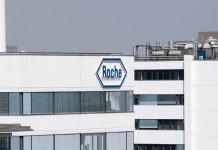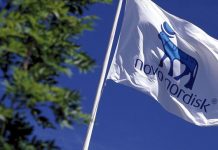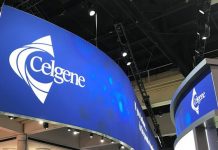Biopharma companies wanting to treat rare diseases are increasingly pressed to be invested in gene therapy.
Novartis and Roche have recognized this with their multi-billion-dollar acquisitions of AveXis and Spark Therapeutics for marketed or nearly-marketed products. Down the food chain of the biopharma ecosystem, rare disease specialists have been scouring university laboratories for pre-clinical assets.
Amicus has targeted the rare diseases called lysosomal storage disorders, in which genetically driven enzyme deficiencies lead to a buildup of toxic materials in tissues.
This led to approval of Galafold (migalastat), which treats some patients with Fabry disease by stabilizing the protein alpha-galactosidase A, thereby allowing it to be removed from cells. Amicus is working on a similar project in Pompe disease. These are advances on older approaches to treatment, which relied on merely replacing enzymes.
But Amicus sees the future as gene therapies.
Last year it struck two deals securing assets from the most prominent laboratories in the space, Nationwide Children’s Hospital and University of Pennsylvania. The company bought Nationwide spinout Celenex for $100 million to secure a portfolio of Batten disease projects, and signed a collaboration deal with UPenn for access to gene therapy technologies to treat Fabry and Pompe disease, along with another condition called CDKL5 deficiency.
The expanded deal announced today adds access to specific treatments for two types of mucopolysaccharidosis (MPS) and Niemann-Pick type C, along with a majority of UPenn’s lysosomal storage disorder treatments. Twelve other types of rare non-lysosomal diseases are also subject to the deal, including treatments for Rett syndrome, Angelman syndrome, and myotonic dystrophy.
Amicus will pay UPenn’s gene therapy laboratories $10 million a year for five years, a term that can be extended.
The New Jersey-based biotech may have seen the emergence of competition from the likes of Sangamo, which has a pre-clinical Fabry disease candidate, and Avrobio, which has a Fabry gene therapy in Phase 2 study. Sangamo and Regenxbio also have candidates in MPS types, but would not compete directly with those emerging so far from the UPenn-Amicus collaboration.
In an interview with BioPharma Dive, Amicus CEO John Crowley said the company has been encouraged to invest in gene therapy because of Food and Drug Administration approvals, including that of Novartis’ Zolgensma (onasemnogene abeparvovec) last week, as well as the progress made by Bluebird Bio, Biomarin and others.
“We really are coming into this golden age of research and development, and approved therapies, and really on the cusp of providing cures,” he said.








